
Category: transportation – Page 272

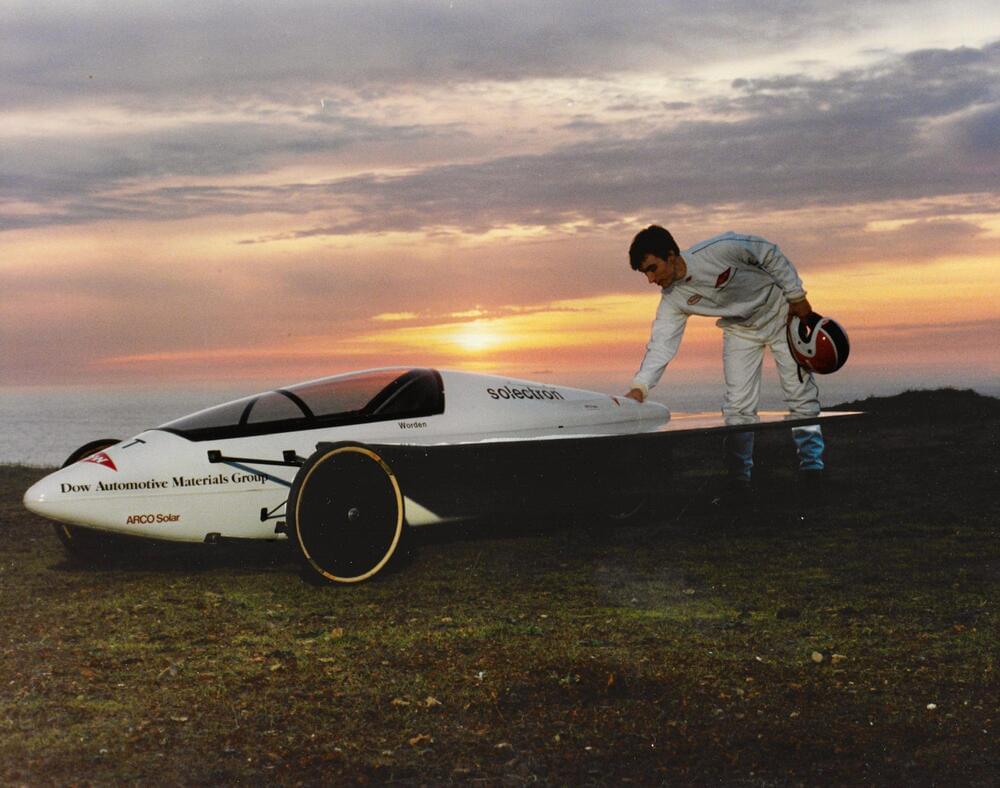
How a Vision for a Solar Car Sparked a Career―and MIT’s Solar Electric Vehicle Team
Engineering projects need goals, and James Worden ’89 set an especially engaging and enduring one for himself as a high school student in the early 1980s while pursuing his passion for homebuilt go-karts.
The MIT Alumni Association seeks to engage and inspire the MIT global community to make a better world. It provides a lifelong community for MIT graduates, a launching pad for students, and growing connection among MIT friends.
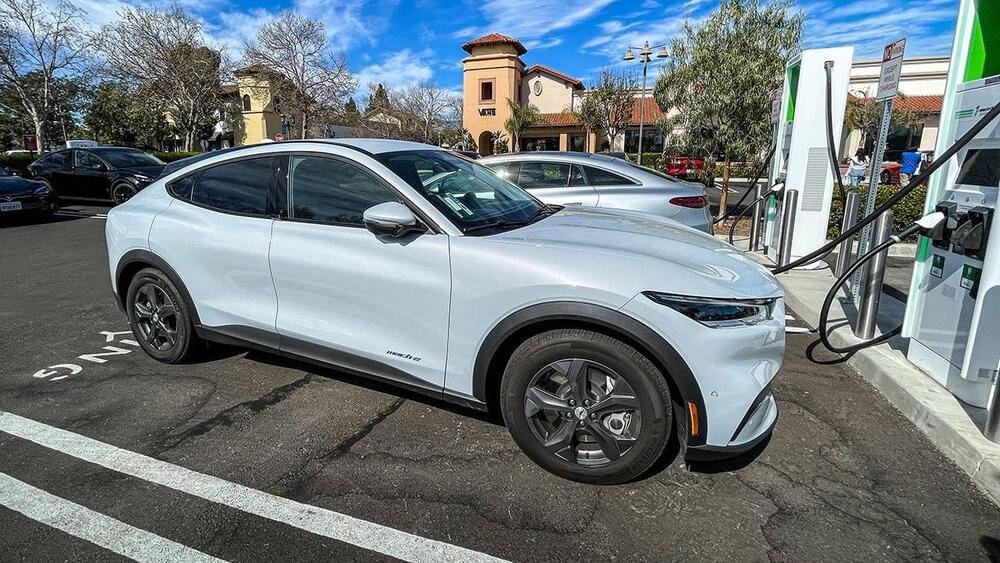
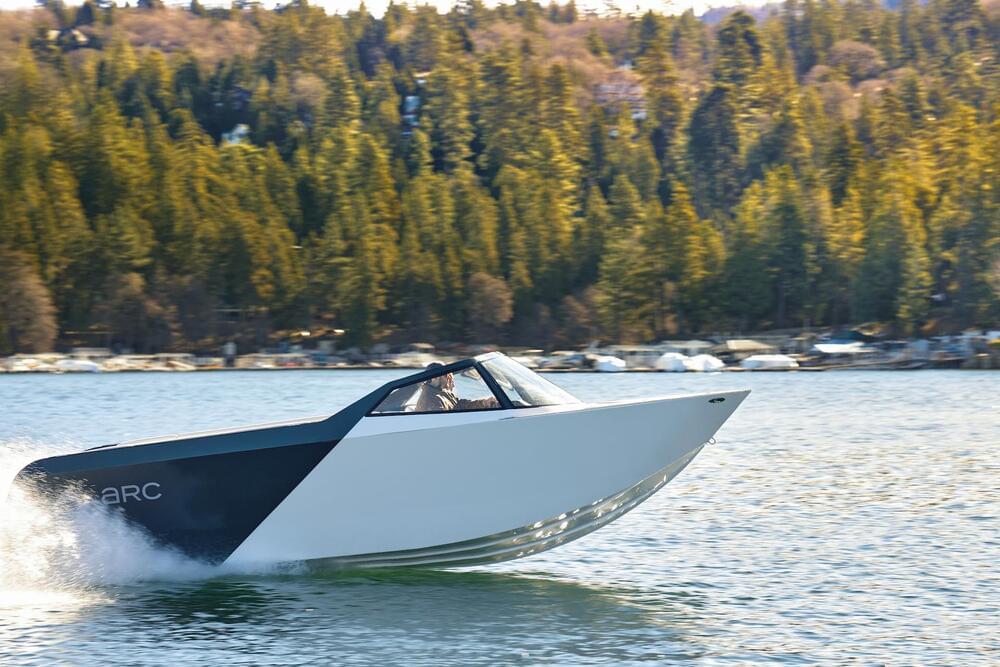
Startup aims to make waves with powerful long-range electric cruiser
Last year, a team of former SpaceX engineers launched Californian marine startup Arc with a plan to develop a luxury electric cruiser with “far superior range, acceleration and performance than any boat in its class.” Now a pre-production Arc One has spent a day of testing on Lake Arrowhead ahead of deliveries to the first customers later in the year.
The first boat out of the company’s factory in Los Angeles is being aimed squarely at the luxury end of the market, and will be produced in very limited numbers.
The spec sheet for the Arc One is actually pretty thin, but the development team has recently upped the power of the electric motor to 500 hp (373 kW) for a top speed of 40 mph (34 knots/64 km/h). The battery size has also been increased by 10 percent to 220 kWh – that’s “three times the capacity of a Tesla Model Y” and is reckoned big enough for users to stay out on the water for between three and five hours per charge, though high speeds will drain the battery quicker than cruising at lower speeds.
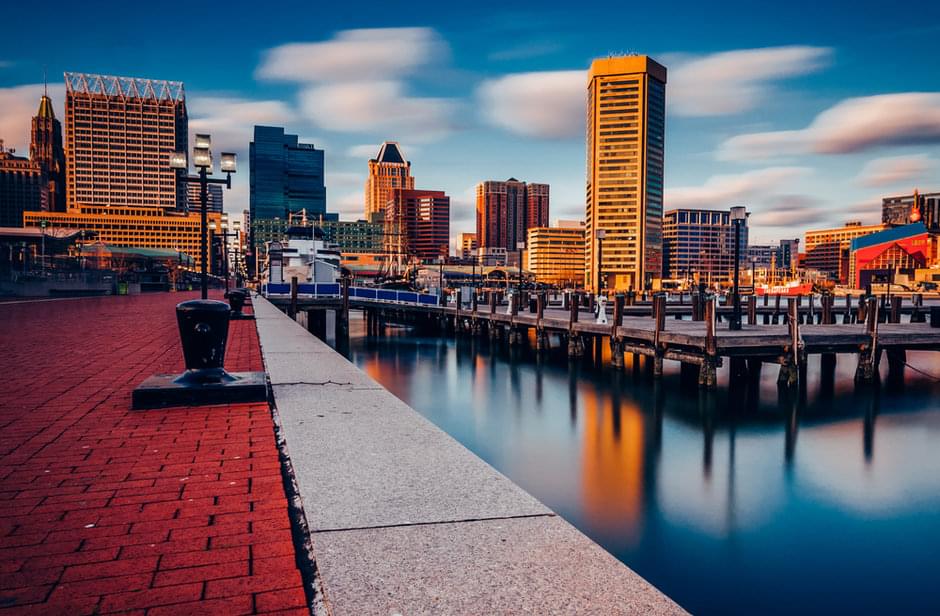
High-Speed Train Builder Wins Appeal Over Land Use
(TNS) — The legal tug-of-war over development of waterfront land in Baltimore’s Westport neighborhood has tilted in favor of a high-speed maglev train operator seeking to build a passenger station on the site where a developer separately proposed housing.
The Court of Special Appeals, the state’s second-highest court, granted the appeal of Baltimore Washington Rapid Rail LLC, which is planning a $10 billion project to link Washington and Baltimore and eventually New York with a superconducting magnetic levitation rail system.
The opinion clears the way for Rapid Rail to pursue its eminent domain lawsuit against Westport property owner Stonewall Capital, prolonging a monthslong dispute.
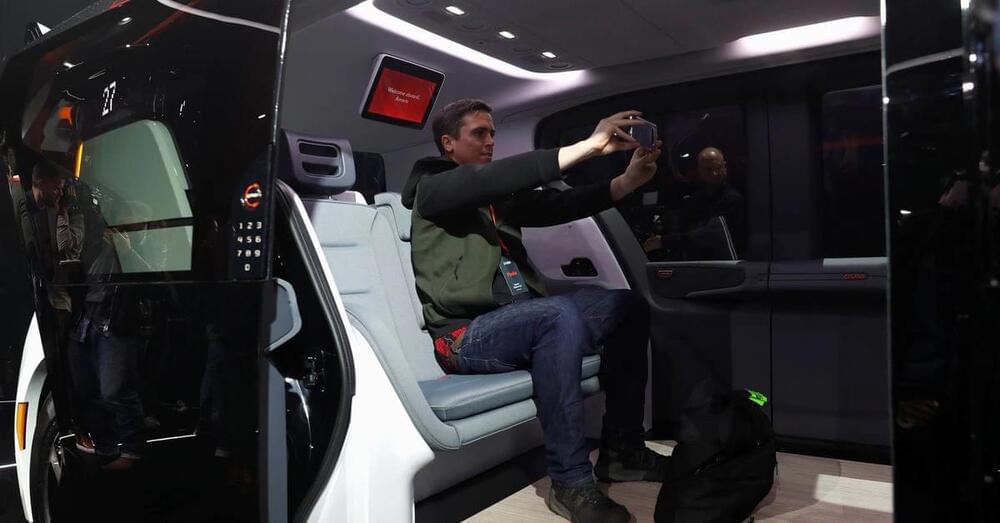
U.S. eliminates human controls requirement for fully automated vehicles
WASHINGTON, March 10 (Reuters) — U.S. regulators on Thursday issued final rules eliminating the need for automated vehicle manufacturers to equip fully autonomous vehicles with manual driving controls to meet crash standards.
Automakers and tech companies have faced significant hurdles to deploying automated driving system (ADS) vehicles without human controls because of safety standards written decades ago that assume people are in control.
Last month, General Motors Co (GM.N) and its self-driving technology unit Cruise petitioned the U.S. National Highway Traffic Safety Administration (NHTSA) for permission to build and deploy a self-driving vehicle without human controls like steering wheels or brake pedals.
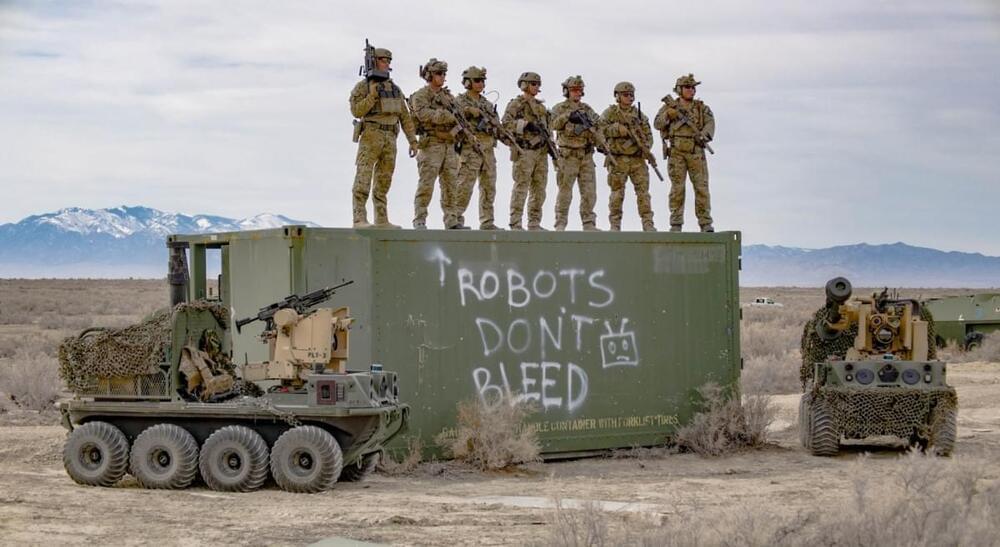
Army Special Operations Forces use Project Origin systems in latest Soldier experiment
DUGWAY, Utah — Army Green Berets from the 1st Special Forces Group conducted two weeks of hands-on experimentation with Project Origin Unmanned Systems at Dugway Proving Ground. Engineers from the U.S. Army DEVCOM Ground Vehicle Systems Center were on site to collect data on how these elite Soldiers utilized the systems and what technology and behaviors are desired.
Project Origin vehicles are the evolution of multiple Soldier Operational Experiments. This GVSC-led rapid prototyping effort allows the Army to conduct technology and autonomous behavior integration for follow-on assessments with Soldiers in order to better understand what Soldiers need from unmanned systems.
For the two-week experiment, Soldiers with the 1st Special Forces Group attended familiarization and new equipment training in order to develop Standard Operating Procedures for Robotic Combat Vehicles. The unit utilized these SOPs to conduct numerous mission-oriented exercises including multiple live-fire missions during the day and night.
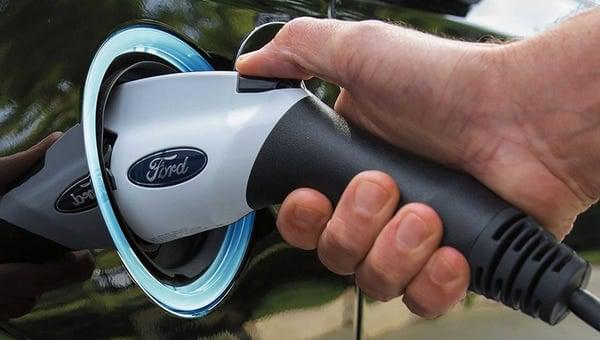
Ford and Purdue University Solved the Biggest Problem With Electric Vehicles
Ford and Purdue University researchers have developed a new, patent-pending charging system that solves one of the biggest problems with electric vehicles. Of course, we’re talking about the charging time it takes to top off a battery versus spending a few minutes at a gasoline pump.
Aside from range, charging time is one of the biggest problems for current electric vehicles. There’s plenty to love about EVs, but having to sit for 20–30 minutes and wait for the battery to recharge isn’t ideal, which is why Ford’s new cooling cables promise to recharge an electric vehicle in roughly 5-minutes.
Even with DC fast charging appearing at more Tesla stations, most vehicles with ideal battery, charger, and cable conditions still take upwards of at least 20 minutes. The video below explains how most Tesla systems can handle upwards of 520 amps of current, which is quite a lot. However, Ford and Purdue can deliver over 2,400 amps to their vehicles, resulting in drastically faster charging times.
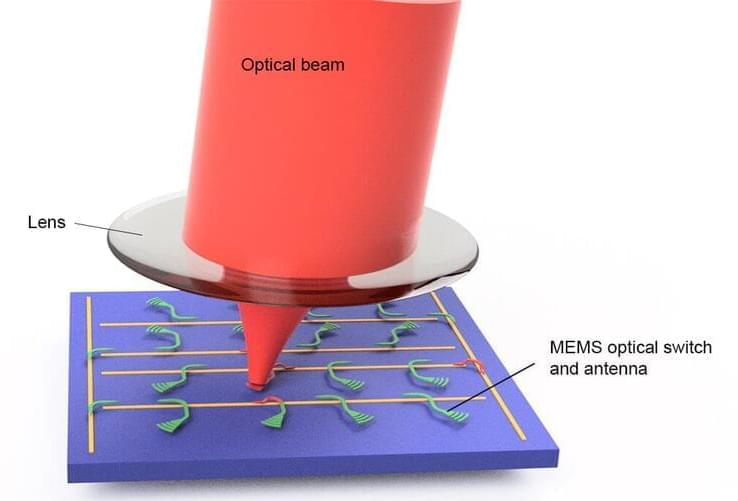
Tiny switches give solid-state LiDAR record resolution
When Google unveiled its first autonomous cars in 2010, the spinning cylinder mounted on the roofs really stood out. It was the vehicle’s light detection and ranging (LiDAR) system, which worked like light-based radar. Together with cameras and radar, LiDAR mapped the environment to help these cars avoid obstacles and drive safely.
Since a then, inexpensive, chip-based cameras and radar systems have moved into the mainstream for collision avoidance and autonomous highway driving. Yet, LiDAR navigation systems remain unwieldy mechanical devices that cost thousands of dollars.
That may be about to change, thanks to a new type of high-resolution LiDAR chip developed by Ming Wu, professor of electrical engineering and computer sciences and co-director of the Berkeley Sensor and Actuator Center at the University of California, Berkeley. The new design appears Wednesday, March 9, in the journal Nature.
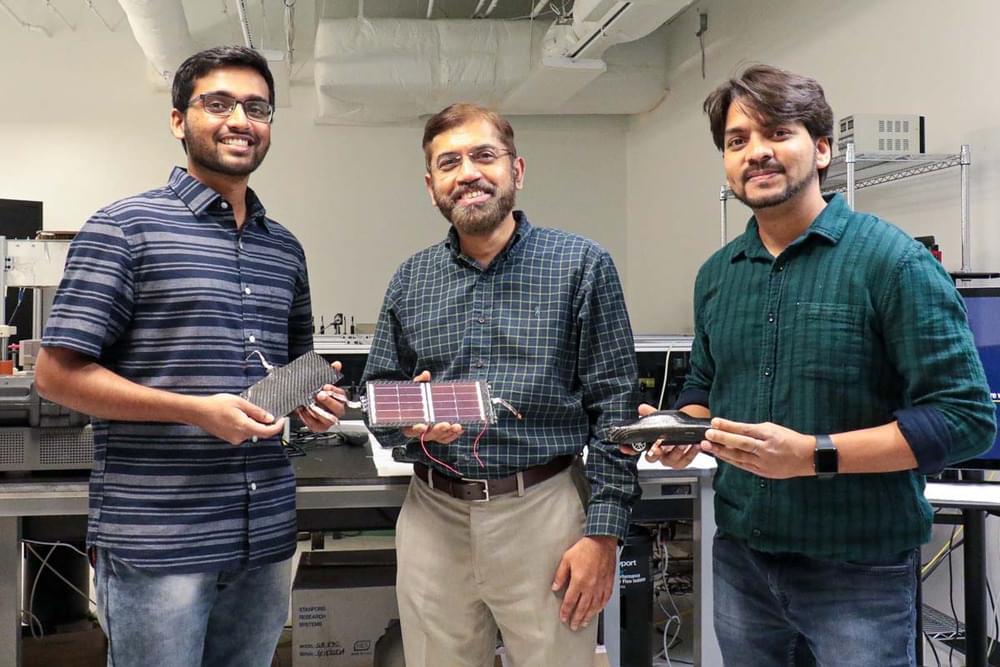
“Power suits” for EVs promise an acceleration and 25% range boost
There is an exciting branch of battery research that involves combining the strength and durability of next-generation materials with their energy storage potential. This could see car panels double as their batteries, for example, and in a new example of what this could look like scientists have developed a “power suit” for electric vehicles that could not only extend their range, but give them a handy boost in acceleration at the same time.
Sometimes known as structural batteries, we’ve seen some interesting recent advances in this space from research groups and even big-name automakers. Back in 2013, Volvo demonstrated carbon fiber body panels with energy storage potential, and we’ve seen other teams show off similar concepts since. These projects sought to combine the high energy density of batteries with the ultra-fast discharge rates of supercapacitors, in materials strong enough to serve as a car’s exterior.
This new breakthrough continues this line of thinking, with scientists at University of Central Florida and NASA designing a new material featuring unique properties that allow for not just impressive energy storage potential, but also the strength needed to endure a car crash.